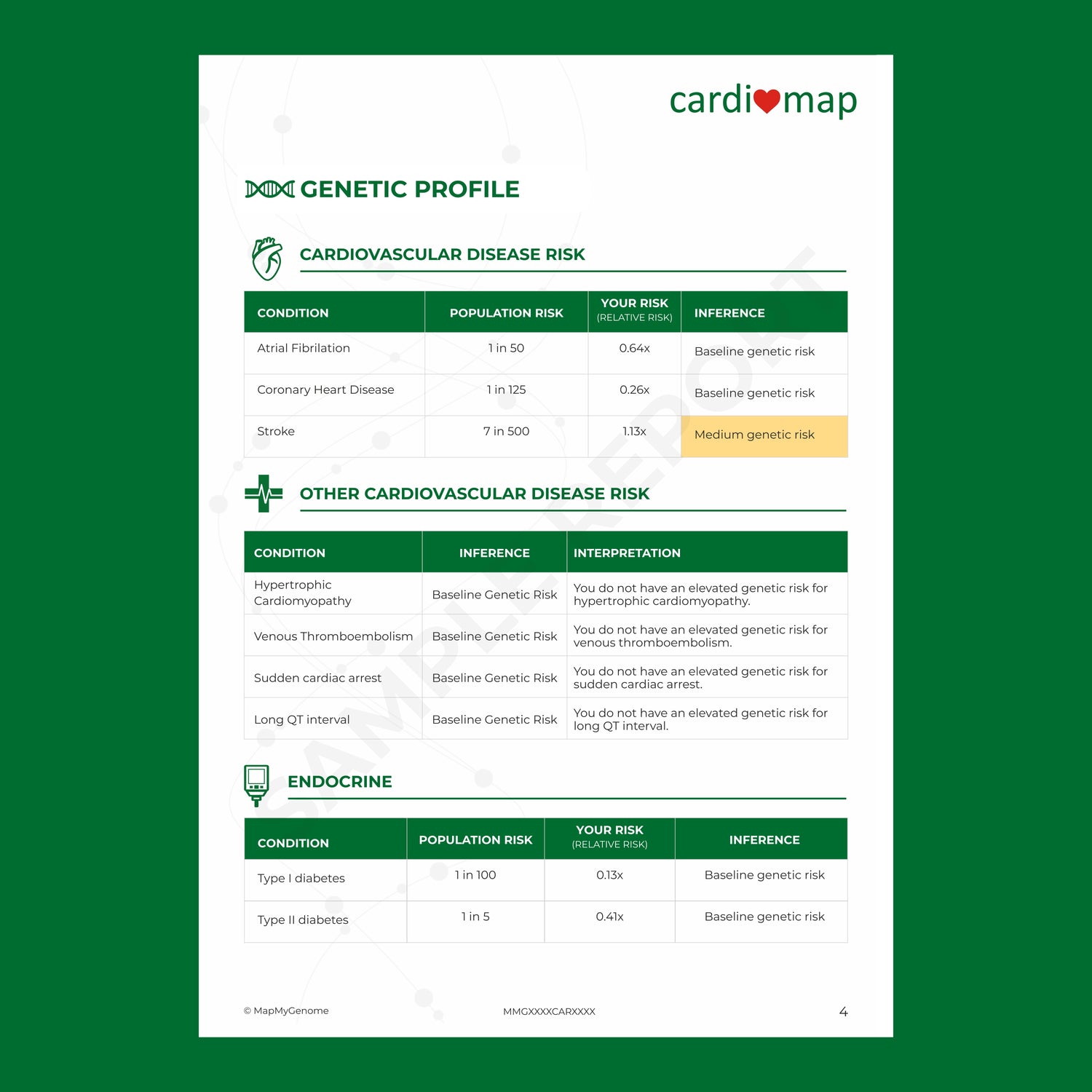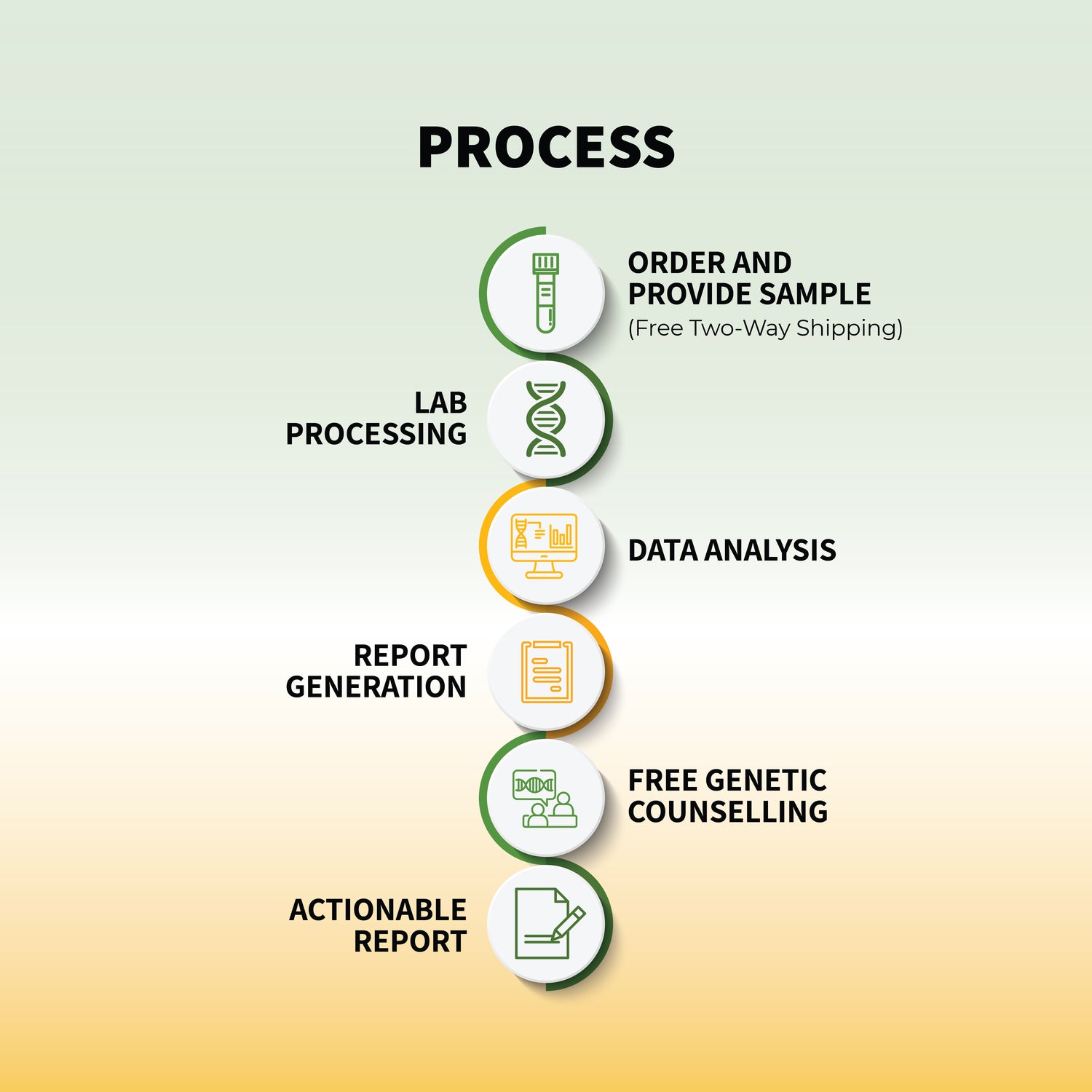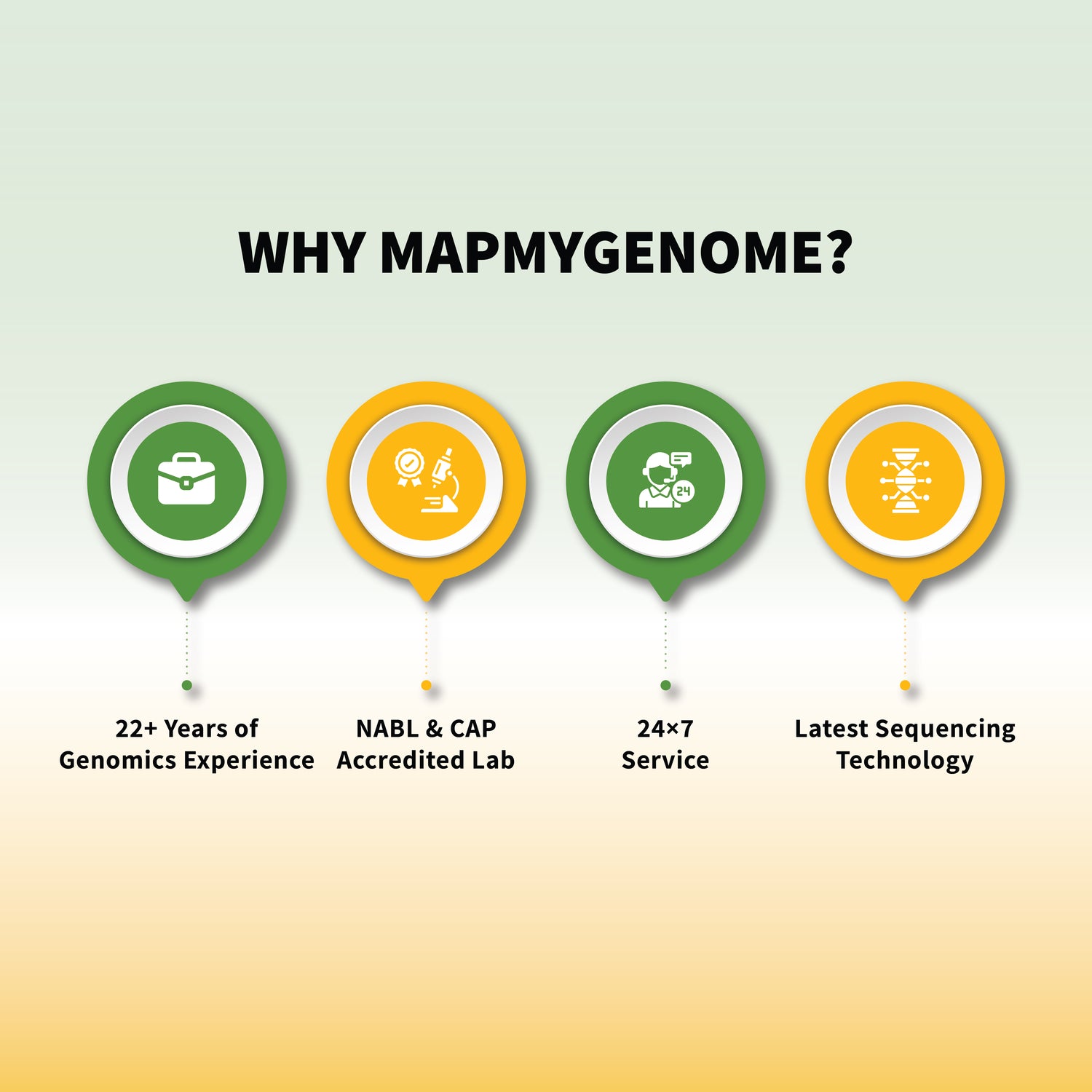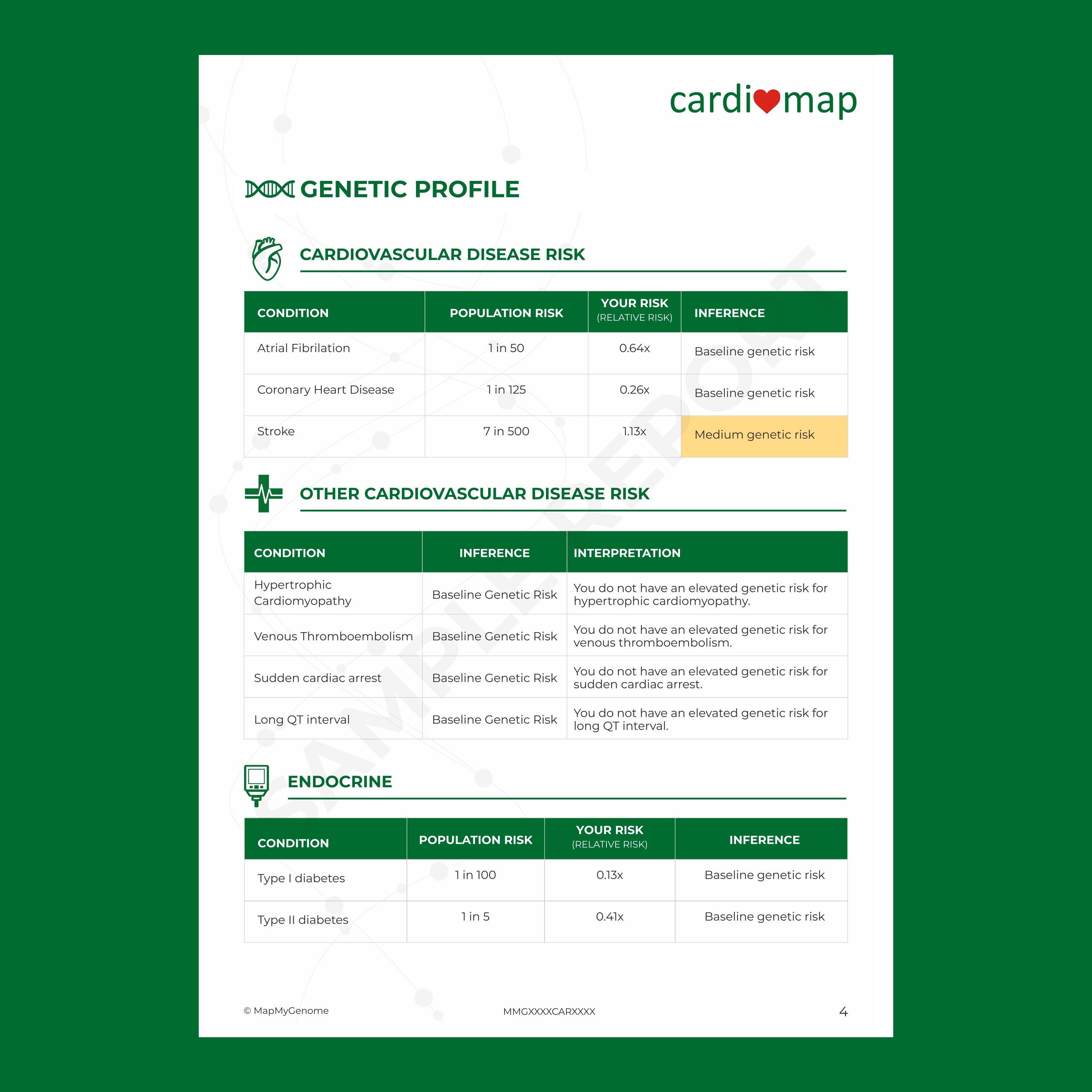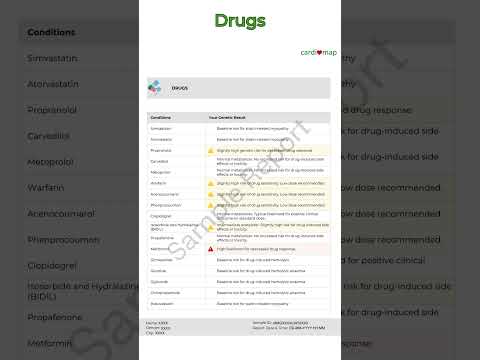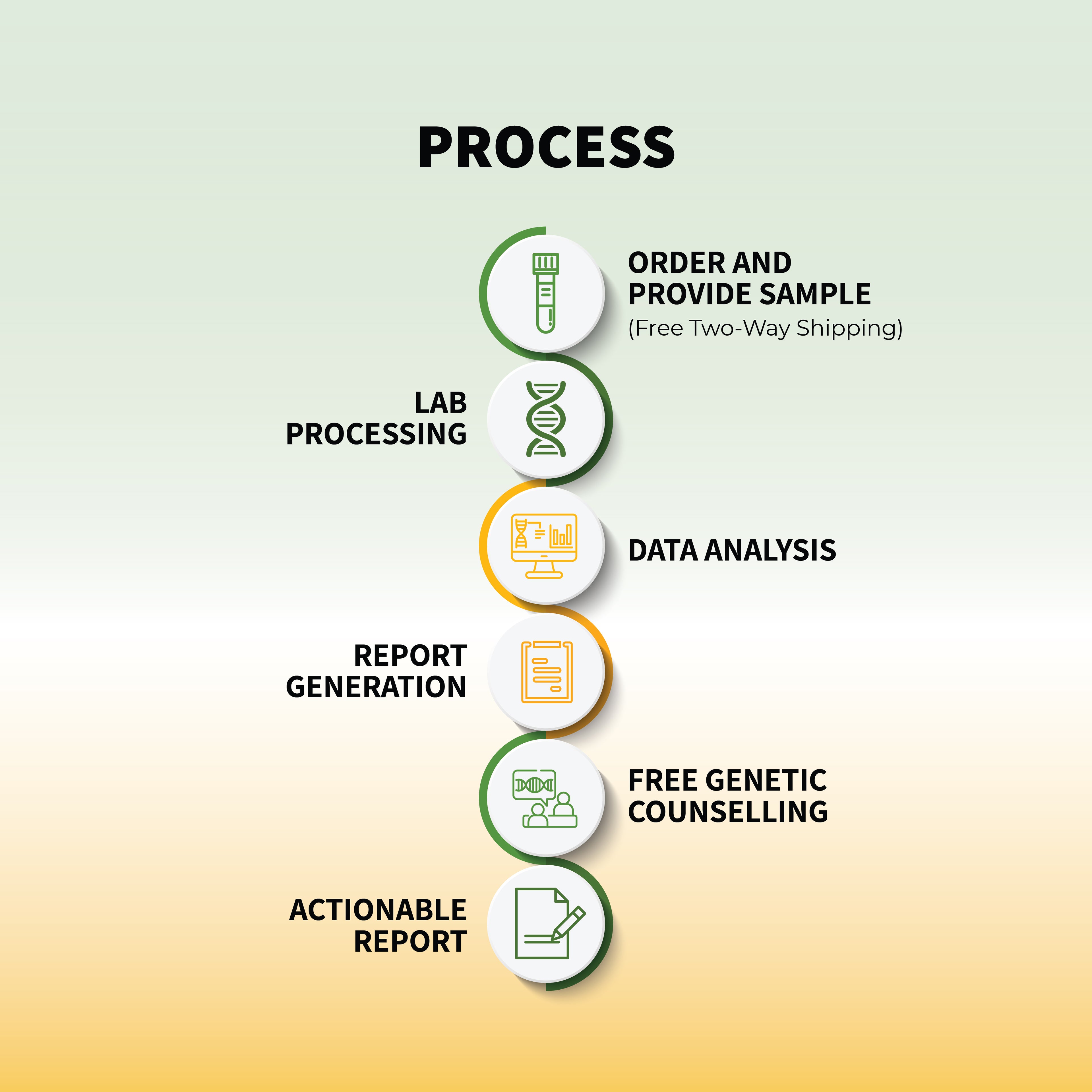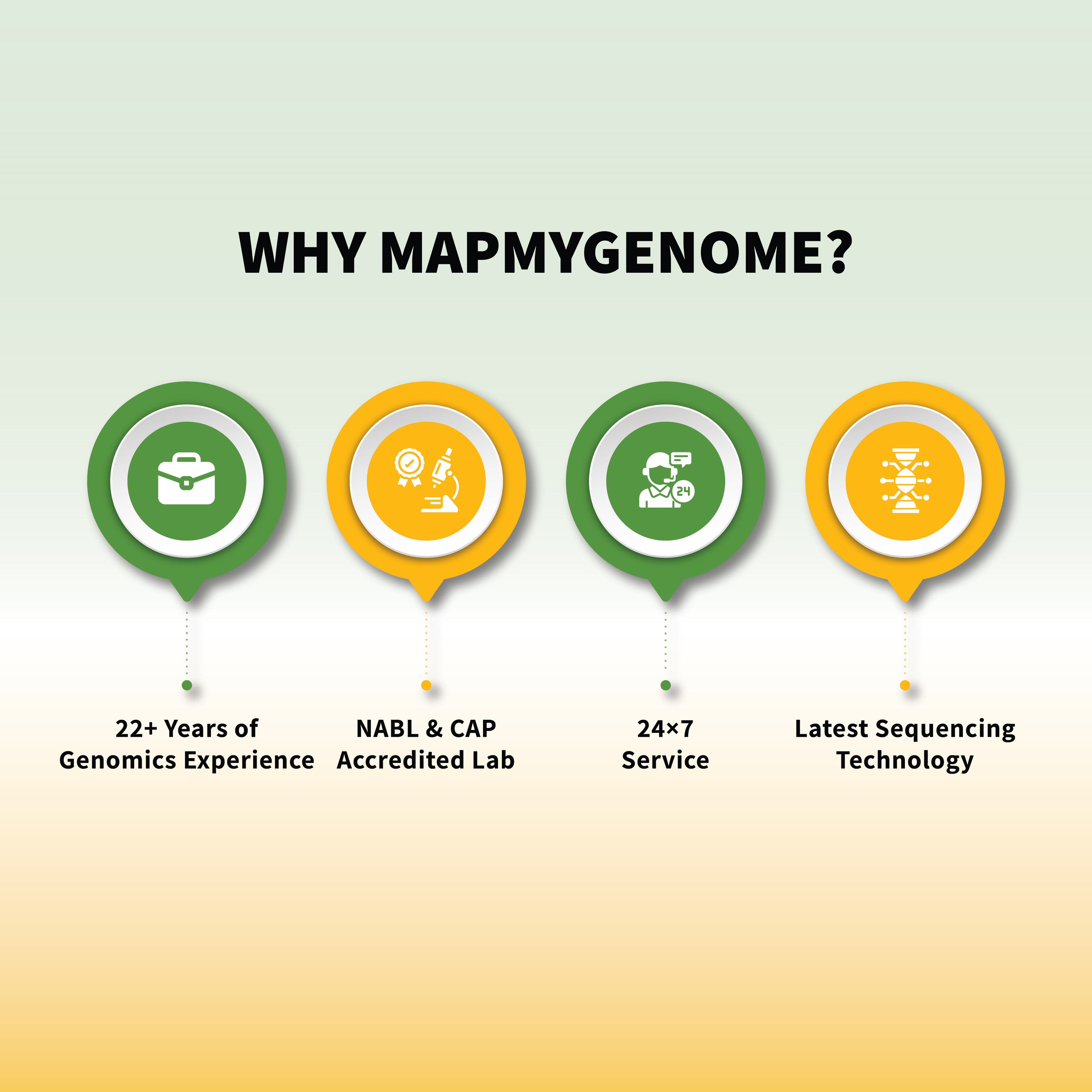Heart health is often associated with older adults, but alarming trends reveal that heart health problems are increasingly affecting younger populations. Understanding the causes is crucial for prevention and maintaining a healthy lifestyle. Here, we explore five major factors contributing to heart health issues in young people, highlighting the importance of genetic testing and lifestyle adjustments.
1. Unhealthy Diets
Processed Foods and High Sugar Intake Modern diets, rich in processed foods and high in sugar, significantly contribute to heart health problems. Fast food, sugary drinks, and snacks are convenient but detrimental, leading to obesity, high blood pressure, and elevated cholesterol levels.
Trans Fats and Sodium Trans fats, commonly found in fried foods and baked goods, raise bad cholesterol (LDL) and lower good cholesterol (HDL). Excessive sodium intake, often from processed foods, increases blood pressure, straining the heart.
Healthy Alternatives Incorporating whole foods such as fruits, vegetables, lean proteins, and whole grains can improve heart health. Reducing the intake of processed foods and opting for heart-healthy fats, like those found in avocados and nuts, is essential.
2. Lack of Physical Activity
Sedentary Lifestyle The rise of sedentary lifestyles, driven by desk jobs and screen time, is a significant factor in deteriorating heart health among young people. Lack of physical activity leads to weight gain, high blood pressure, and increased cholesterol levels.
Benefits of Exercise Regular physical activity strengthens the heart, improves circulation, and helps maintain a healthy weight. Even moderate exercise, like walking or cycling, can significantly reduce the risk of heart disease.
Incorporating Movement Encouraging daily physical activity, such as taking the stairs, joining a sports team, or engaging in fitness classes, can counteract the effects of a sedentary lifestyle.
3. Stress and Mental Health
Chronic Stress Chronic stress triggers the release of stress hormones like cortisol and adrenaline, which can increase heart rate and blood pressure. Over time, this contributes to heart disease and other cardiovascular issues.
Mental Health Disorders Mental health conditions such as anxiety and depression are linked to an increased risk of heart disease. These conditions often lead to poor lifestyle choices, such as smoking, poor diet, and lack of exercise.
Stress Management Effective stress management techniques, such as mindfulness, meditation, yoga, and regular physical activity, are crucial for maintaining heart health. Seeking professional help for mental health issues is equally important.
4. Genetic Predisposition
Inherited Risk Factors Genetics play a significant role in heart health. Conditions such as high cholesterol, high blood pressure, and diabetes can be inherited, increasing the risk of heart disease in young individuals.
Importance of Genetic Testing Genetic testing, like MapmyGenome’s Cardiomap, can identify inherited risk factors early. Understanding one’s genetic predisposition allows for personalized prevention strategies and early interventions.
Proactive Measures For those with a family history of heart disease, regular check-ups, a heart-healthy diet, and an active lifestyle are essential. Genetic counseling can provide tailored advice and support.
5. Substance Abuse
Smoking Smoking is a leading cause of heart disease. It damages the lining of the arteries, raises blood pressure, reduces oxygen in the blood, and increases the risk of clots.
Alcohol and Drug Use Excessive alcohol consumption and drug abuse can lead to high blood pressure, irregular heartbeats, and weakened heart muscles. These substances also contribute to unhealthy weight gain and poor lifestyle choices.
Healthy Choices Quitting smoking and limiting alcohol intake are crucial steps in protecting heart health. Seeking help for substance abuse issues through support groups or professional counseling can make a significant difference.
The Role of Early Detection and Diagnosis
Importance of Early Detection Early detection of heart health issues can significantly improve outcomes. Identifying problems before they become severe allows for timely intervention, reducing the risk of serious complications and improving the chances of successful treatment.
Regular Check-Ups Regular medical check-ups, including heart screenings and genetic testing, are vital. These check-ups help in monitoring heart health, identifying potential issues early, and implementing preventive measures.
Genetic Testing Genetic tests like Cardiomap by MapmyGenome provide detailed insights into your genetic predispositions. This information can guide personalized prevention strategies and early interventions, helping you maintain optimal heart health.
Conclusion
Heart health problems among young people are on the rise due to unhealthy diets, lack of physical activity, stress, genetic predisposition, substance abuse, and the lack of early detection. Addressing these factors through lifestyle changes, regular check-ups, and genetic testing can help mitigate risks and promote heart health.
MapmyGenome’s Cardiomap offers a comprehensive genetic test that provides valuable insights into your heart health. By understanding your genetic predispositions, you can take proactive measures to maintain a healthy heart. Start your journey to better heart health today with Cardiomap and make informed decisions for a healthier future.




